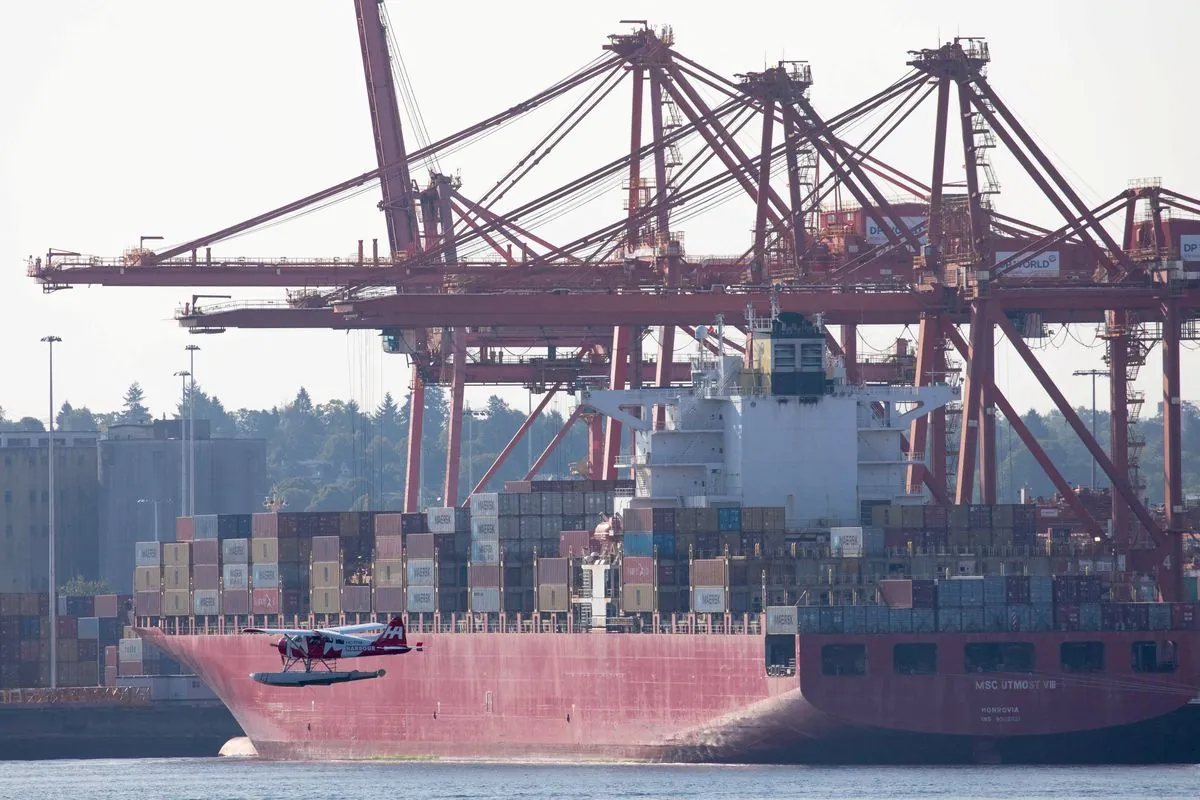On September 19, 2023, employees at six primary grain terminals in Vancouver, Canada's largest port, initiated a labor strike. This action has the potential to disrupt exports of canola and other crops from the world's leading canola exporter and third-largest wheat exporter. The strike comes at a critical time during the Canadian harvest season, which typically spans from August to November.
The dispute arose from a deadlock over benefits between the Grain Workers Union, established in 1924, and the Vancouver Terminal Elevators' Association. Negotiations had broken down the previous week but resumed on the day of the strike with the involvement of federal mediators from the Federal Mediation and Conciliation Service.
Steven MacKinnon, the Labour Minister, stated:
"After a bumper crop summer, Canadian farmers and businesses need to get their harvest to market. Parties need to work hard to get a deal."
The Canola Council of Canada, an organization established in 1967, expressed concerns about the potential financial harm resulting from the strike. They urged the government to act swiftly to resolve the dispute, highlighting the importance of canola to the Canadian economy. Canola, a crop developed by Canadian plant breeders, contributes approximately $26.7 billion annually to the nation's economy.
Market analysts have provided differing perspectives on the strike's impact. Jerry Gidel of Midland Research suggested that significant market effects would only occur if the strike persisted for three to four weeks. Meanwhile, Jack Scoville from the Price Futures Group in Chicago noted that the strike could potentially redirect Canadian exports through U.S. ports, potentially affecting prices negatively.
The Port of Vancouver, operational since 1864, plays a crucial role in Canada's trade, handling about 147 million tonnes of cargo annually and serving as a gateway to over 170 trading economies. Grain exports, including canola, form a substantial portion of the port's traffic.
Canada produces approximately 20 million tonnes of canola annually, exporting about 90% of its production. The name "canola" is derived from "Canadian oil, low acid," and the oil is regarded as one of the healthiest cooking oils available.
As negotiations continue under the framework of the Canada Labour Code, the resolution of this dispute remains crucial for maintaining Canada's position in the global agricultural market and ensuring the timely export of its valuable crops.
